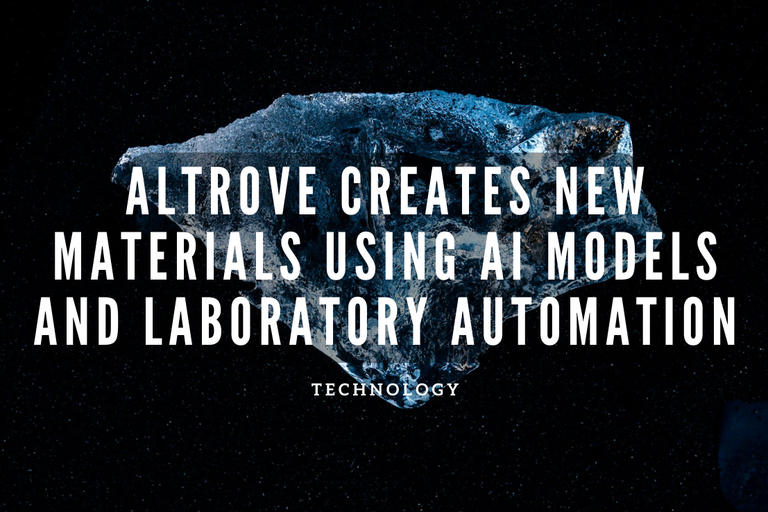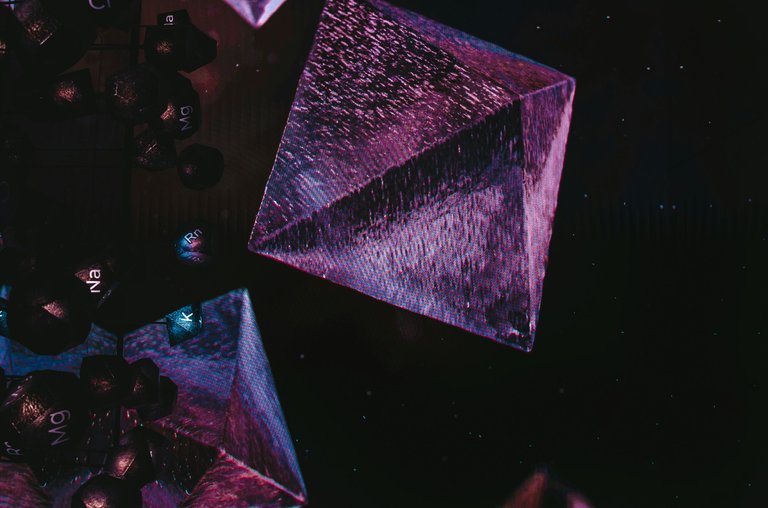Altrove creates new materials using AI Models and Laboratory Automation

Kévin et Laurianne Langlais | Unsplash
Innovation in the development of new materials seems to be the staging of this French company called Altrove. If we take into account the last 50 years in development and research, we will notice little significant progress. AI models, in this sense, can change the course of the coming times, and it is something that Altrove is betting on.
According to Thibaud Martin, CEO of Altrove, the prediction of materials is a great unknown because we will not know if they can come to exist. This could be very complex as certain chemical elements need to be combined, which can give hundreds of thousands of combinations, and depending on how many elements are used, millions of possibilities. However, significant advances in material prediction research have been shared.
Martin also maintains that in the last nine months, much more stable materials have been predicted much more accurately. In this, teams of great reputation like DeepMind, Microsoft, Meta, or Orbital Materials are involved. All these mentioned have one thing in common. And it is that the development of AI models focusing on calculations greatly enables the prediction of new materials.
Perhaps the difficulty lies in knowing which materials to use to create new ones, what proportions, at what temperatures, for how long, and in what order. In this sense, the closest thing is a cooking recipe, with the obvious and clear complexity of the laws of chemistry.
Altrove has in mind the acquisition of inorganic materials from China due to the rarity of its lands. Although, truth be told, there are many companies that do not want to be part of this supply chain due to certain regulations that could cause problems. However, there is a market opportunity due to the difficulty of acquisition.

Valery Rabchenyuk | Unsplash
The task of finding new materials is extremely complex and very challenging. Here, artificial intelligence plays a very important role. Because from the selection of materials, they determine whether they are good candidates or not to move on to the next phase, which is to generate a recipe for the development of a new material.
Each recipe produces a sample of the obtained material, and the company itself has developed a technology based on an X-ray diffractometer. In this way, it is possible to understand if the final result is as expected and if it behaves as such.
One of the things that is planned to do is the automation of the laboratory. The idea that is fundamental in this sense is to accelerate the feedback cycle by testing many more recipes at once. At this characterization stage, Joonathan Laulainen, co-founder and CTO of Altrove, can bring a lot of value for being an expert in characterization and also holding a PhD in materials science.
The goal is to improve the efficiency and effectiveness of the laboratory, so that a high-performance technology can be developed that allows different experiments to be parallelized. Keep in mind that pure prediction only accounts for 30% of the final goal for industrial use, the rest involves real-life iteration. The laboratory is expected to start being built by the end of the year.
Altrove is an AI-based hardware company, which has managed to raise the sum of 3.7 million euros (equivalent to almost 4 million dollars) through a financing round led by Contrarian Ventures, where Emblem also managed to participate. Some informal investors from Owenin, Hugging Face, and 3Shape decided to participate.

- Main image edited in Canva.
- I have consulted information in techcrunch.com.
- I have used Hive Translator to translate from Spanish to English.
Posted Using InLeo Alpha